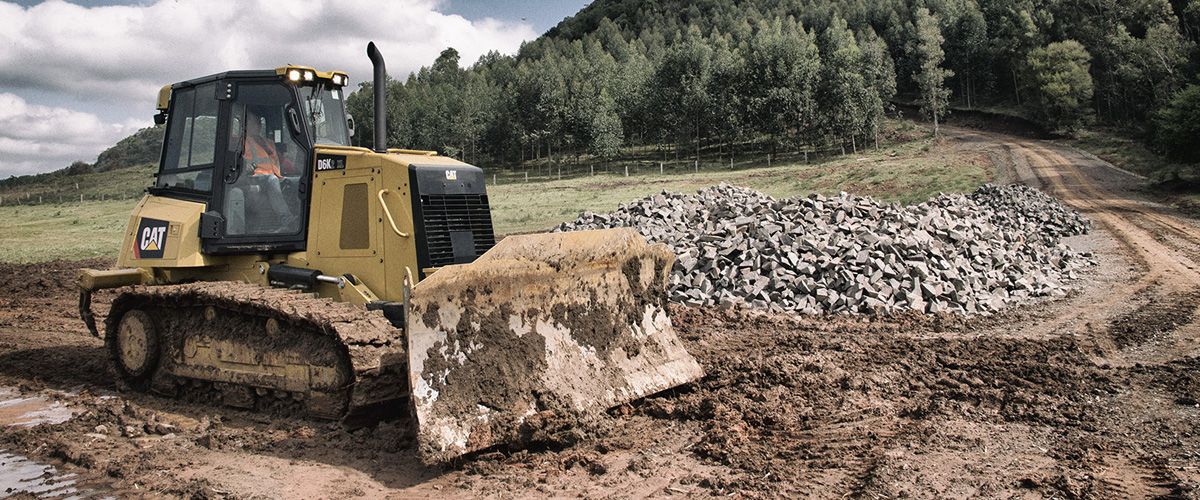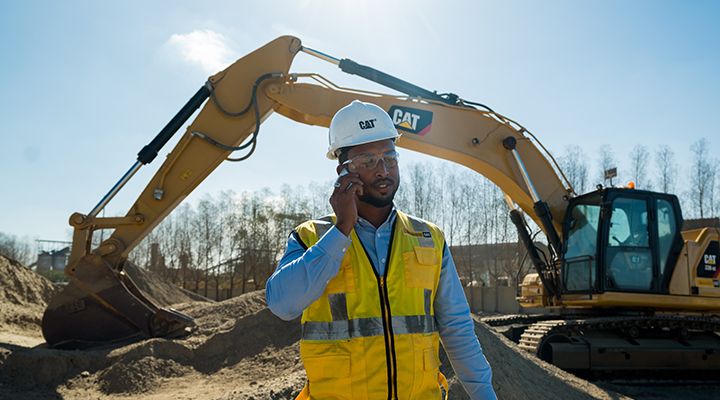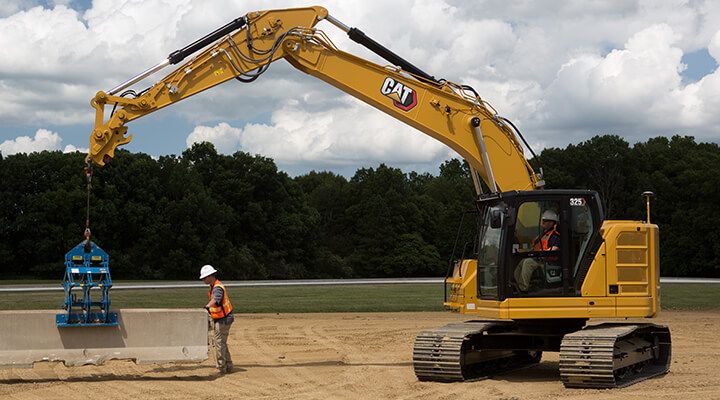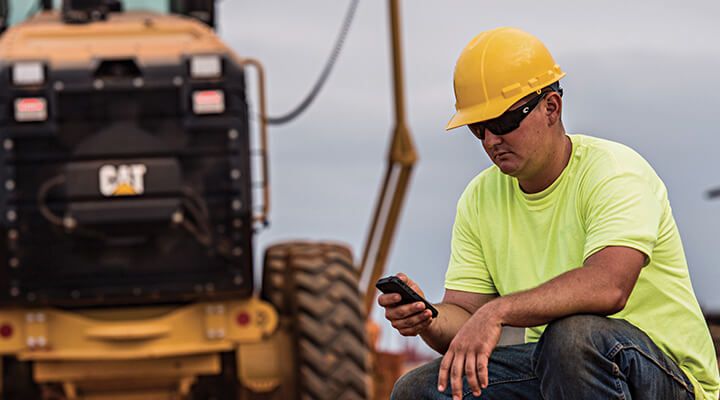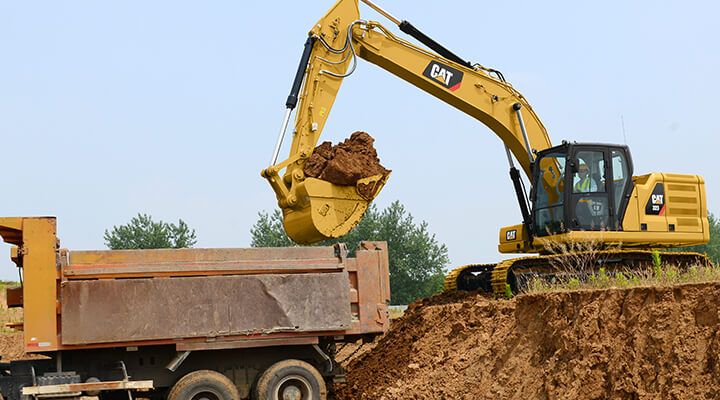If you already have an existing account with another Cat App, you can use the same account to sign in here.
One Account. All of Cat.
Your Caterpillar account is the single account you use to log in to select services and applications we offer. Shop for parts and machines online, manage your fleet, go mobile, and more.
Account Information
Site Settings
Security
5 Reasons to Consider Equipment Rental Now
The construction industry continues its slow but steady recovery. In fact, a recent Purchasing.com survey revealed the most positive industry outlook since 2009. And although purchasing continues to be the top financial option for construction owners (with 59% of respondents choosing it), decision-makers are increasingly renting construction equipment, and they’re doing so far more than they did in the past. Overall, rentals jumped by 75% in the survey year from 2013 – 2014.
That trend continues. According to the American Rental Association’s Equipment Rental Revenue Forecast, growth exceeding 7% per year will continue through at least 2018.*
What is driving rental as a more popular choice? Most likely, cash flow. If we’ve learned anything over the last decade, it’s that uncertainty is certain. Heavy equipment rental, with its comparably low up-front expenses, works to keep more cash on hand and provide a hedge against economic volatility. So for many of us, it just makes good business sense.
How do you know if the rental option is a good fit for you? This requires some homework. Specifically, the decision to rent or own involves many variables that are unique to your business, such as financials, equipment utilization patterns, in-house maintenance resources and the amount of work in the pipeline. As you weigh your decisions to own or rent, there could be a big pay-off to considering these rental benefits:
1. Improved cash flow.
Rather than tying up cash with a large up-front outlay and financing charges, renting can recover 100% of the cost with revenue generated by the project at hand. Rental expenses are also immediately deductible and there are no related costs for warranties, insurance, transport or storage, freeing up even more cash.
2. Lower business risk.
Obviously, renting does not involve a long-term financial commitment. You simply return the equipment when the project is complete and the payments end. This eliminates the risk of expensive new machinery standing idle in between projects, depreciating in value and slowly becoming obsolete. Renting also improves uptime, because replacements are typically available immediately should a rental machine go down on the job.
3. Greater flexibility.
Most heavy equipment rental companies stock a wider selection than any single construction company can own. This increases your flexibility to bid on projects that equipment limitations would otherwise rule out. You can bid with confidence, knowing you’ll have the right tools on hand if you get the job but carrying no risk if it goes to someone else.
4. Access to new equipment technologies.
Renting is a cost-effective way to avoid equipment obsolescence and to add more efficient and emissions-compliant machines to your fleet immediately. The latest equipment is not only a powerful bidding differentiator, but it can enhance worker productivity and fuel-efficiency, increasing per-hour profitability on the worksite.
5. More time to focus on your work.
Renting reduces the load of machinery service, repair, and insurance from your daily tasks, giving your team more time to focus on doing exceptional construction work. Maintaining quality is key for an industry in which word-of-mouth means everything and competition is as tight as ever.
To move ahead, you can:
- Visit the Cat® Rental Store nearest you and talk with your dealer about how rental can deliver more value to your business.
- Learn more about Yard Club, an online, peer-to-peer heavy equipment rental company that extends the efficiencies of the sharing economy to the construction industry.
- Compare the pros and cons of buying, leasing and renting.
RELATED ARTICLES
You’re here to get ideas to grow your business. Read on for machine insights and expert tips and tricks to get more out of every job.
-
Let's Talk Technology
Every major equipment manufacturer is encouraging you to try technology. Caterpillar is no exception. Learn how innovation can help you.
Learn More -
Stay On Track With Telematics
Learn how technology can help construction companies optimize performance across their worksites.
Learn More -
Assistance Technology: Who Needs It?
Some manufacturers are introducing automated grading systems that don’t require a full investment in GPS infrastructure.
Learn More -
Jobsite Connectivity - Is It Worth it?
Here’s a quick list of some of the most often identified technology-driven efficiencies.
Learn More

